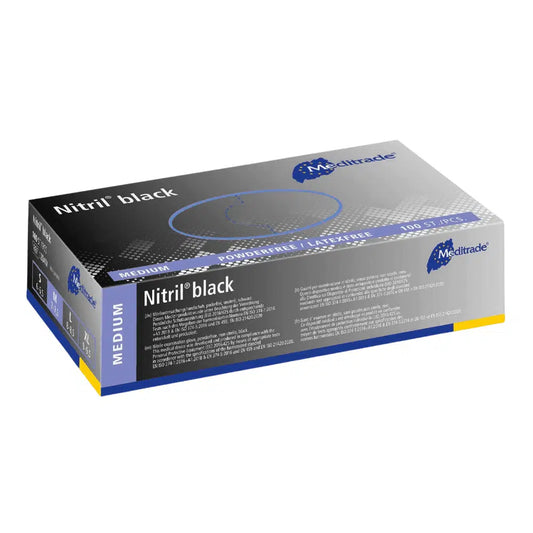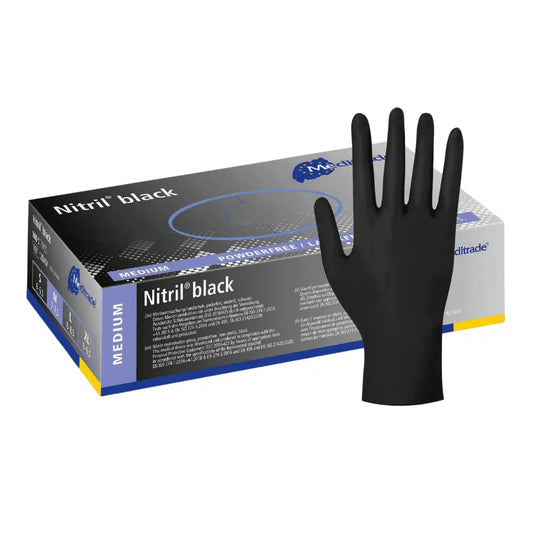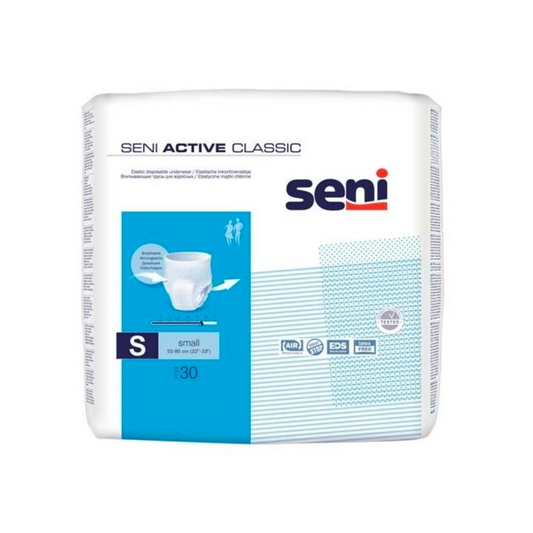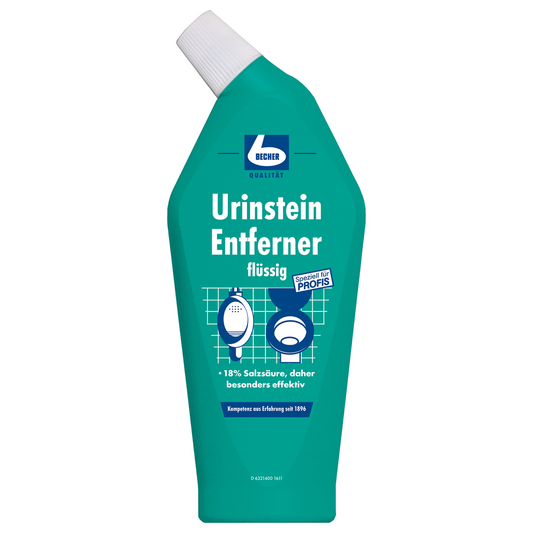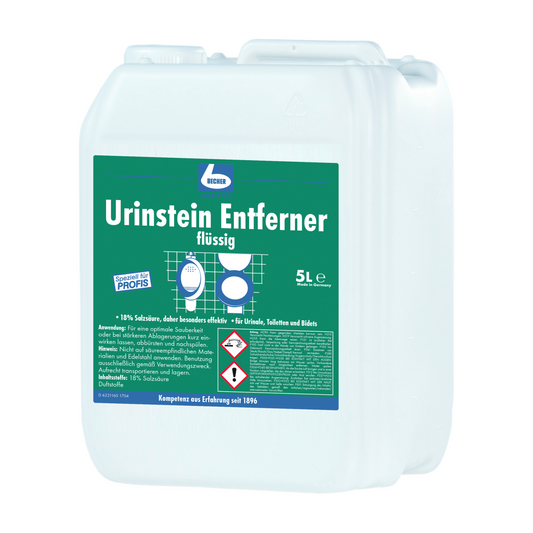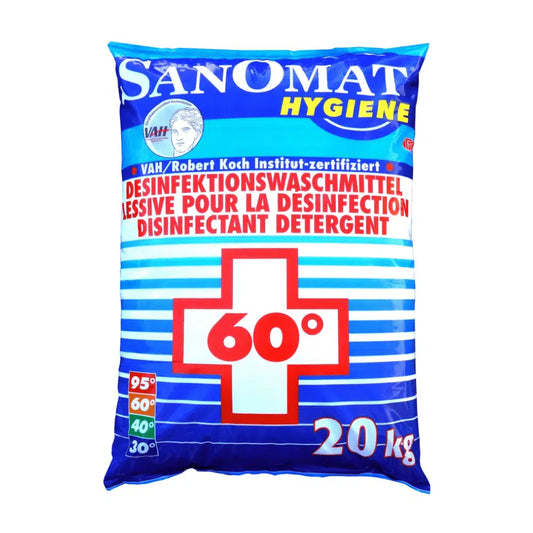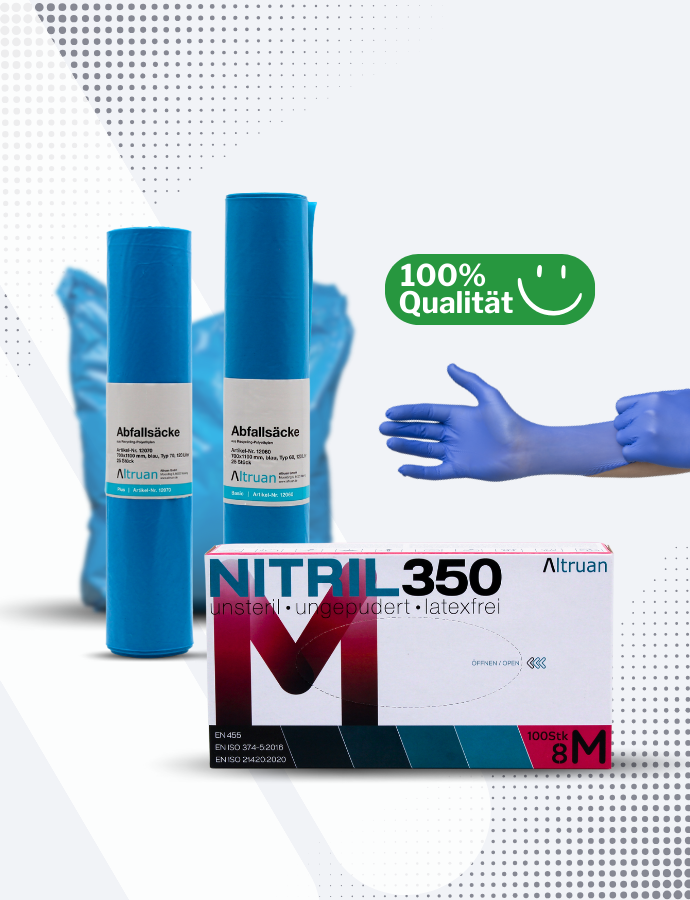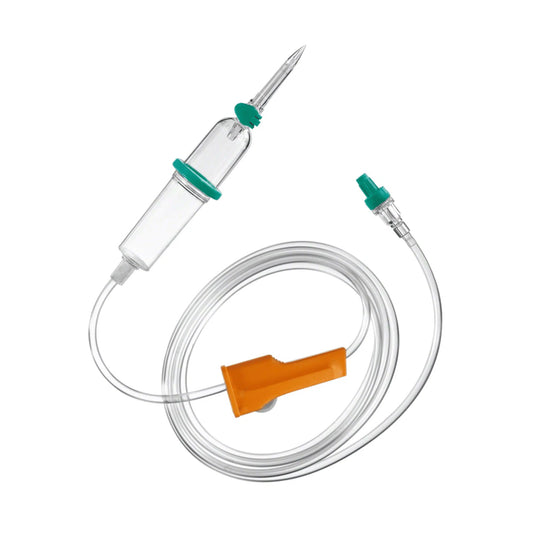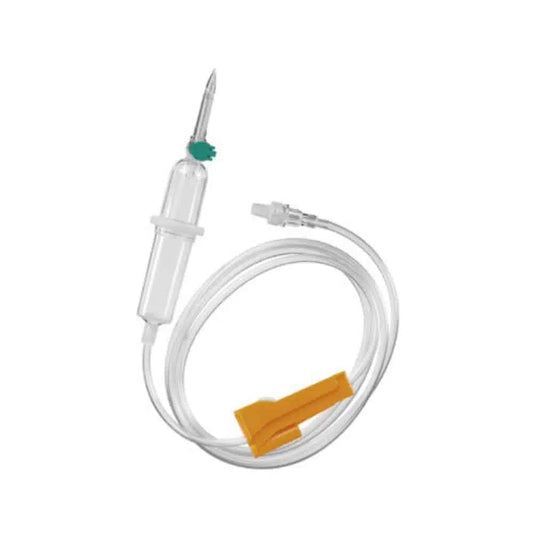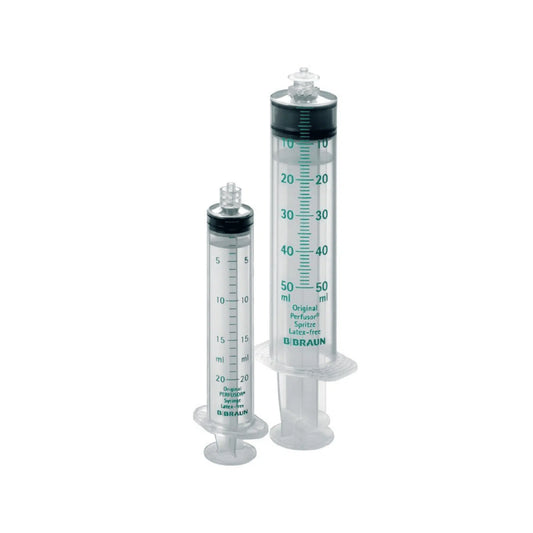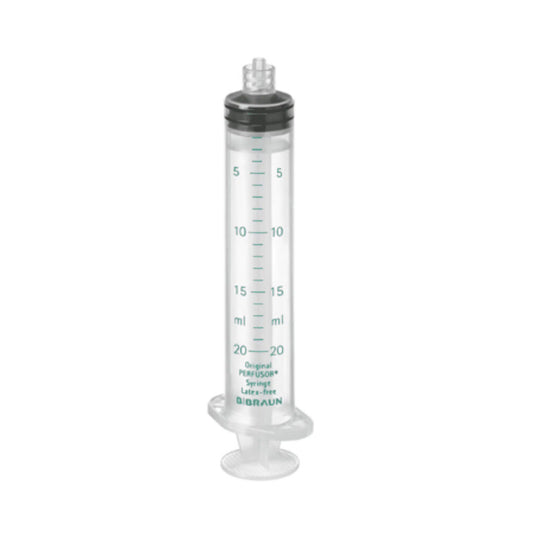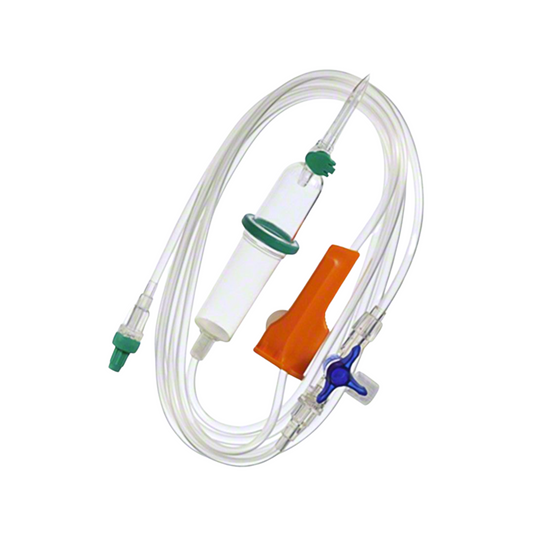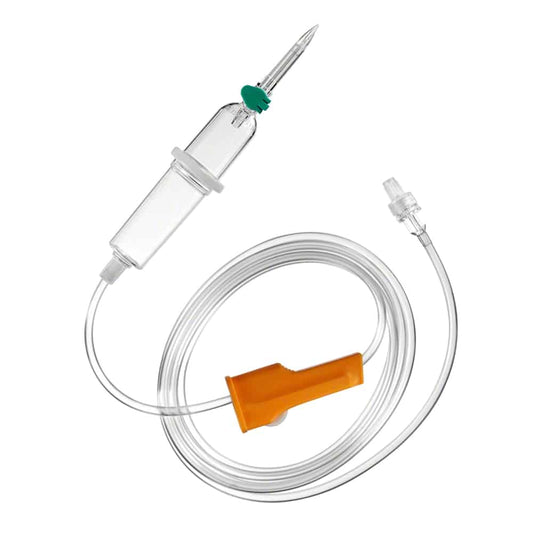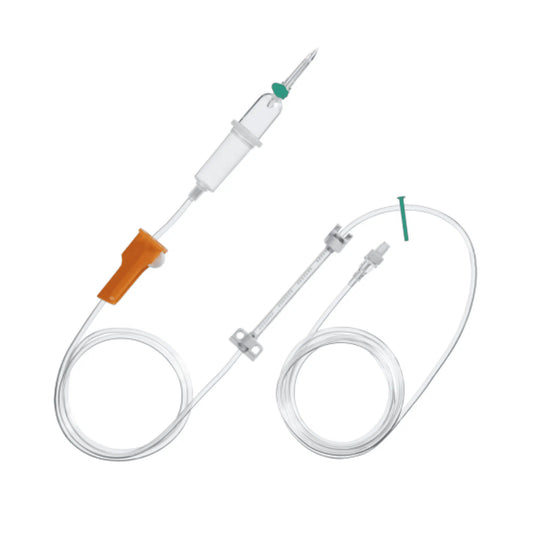Infusion and transfusion
No products found Use fewer filters or remove all
Infusion and transfusion: What you should know about these medical procedures
Infusions and transfusions are central procedures in modern medicine that are used to treat various diseases and to support recovery. Both techniques serve to supply the body important substances, but differ in their application and the materials used. In this article you will learn more about the differences between infusion and transfusion, your areas of application and the most important products that are available on the market.
What is an infusion?
An infusion is the administration of liquids, nutrients or medication directly into the bloodstream. This is usually done intravenously, i.e. via a vein, but can also be carried out subcutaneously or intramuscularly. Infusions are often used for hydration, gift of electrolytes or for the administration of medication. Infusions are a common practice, especially in hospitals and clinics, to provide patients quickly and efficiently.
Types of infusion solutions
There are different types of infusion solutions, depending on the intended use:
- Crystalloid solutions Like saline or wrestling lactate, the liquid intake is used.
- Colloidal solutions Contain larger molecules that remain in the bloodstream and help increase the blood volume.
- Special nutrient solutions are used for parenteral nutrition to supply patients who cannot eat with necessary nutrients.
What is a transfusion?
A transfusion is the transfer of blood or blood components from a donor to a receiver. This procedure is often used in patients who have suffered significant blood loss through injuries, operations or certain diseases such as anemia or leukemia. The most common types of transfusions are thoroughbred transfusions, erythrocyte concentrates and plasma transfusions.
Security for transfusions
For transfusions, the security of the highest priority is. Blood donations are strictly controlled to ensure that they are free of infectious diseases and have the right blood group characteristics. A cross test is carried out before the transfusion to check the compatibility between the donor and the recipient.
Infusion and transfusion products from Altruan
The selection of the correct infusion and transfusion products is crucial for the safe and effective treatment of patients. Altruan offers a wide range of high -quality products that have been specially developed for these medical procedures. This includes:
- Infusion bars and infusion sets: These sets contain all the necessary components for safe and sterile infusion, including cannulas, hoses and controls.
- Transfusion cutlery: Developed especially for blood transfusions, these sets ensure safe and controlled transmission of blood and blood products.
- Infusion solutions: Altruan offers a variety of infusion solutions that are tailored to the specific needs of patients, from simple saline solutions to complex nutrient solutions.
The importance of quality and security
When choosing products for infusions and transfusions, it is essential to pay attention to the highest quality and security. Altruan attaches great importance to the safety of its products and ensures that all materials correspond to the strict medical standards. This minimizes the risk of infections and other complications that can occur in these procedures.
Popular infusion and transfusion products from Altruan
Altruan offers a variety of infusion products that are characterized by their high quality and reliability. The top products include:
- Mediware infusion / perfusion cables: The mediware infusion and perfusion management offer a reliable and flexible solution for the safe administration of infusions and perfusions in clinical practice. With their high quality and length, these lines ensure precise and continuous fluid intake, which makes infusion management more efficient and safe. Compatible syringes are B. Braun original Perfusor® syringe or B. Braun Original Perfusor® Syringe syringe 50 ml.
- B. Braun Intrafix® Safeset Infusion cutlery, with 3-way tap. These infusion solutions are available in various formulations and are ideal for hydration and electrolyte correction. The Ecoflac® containers are environmentally friendly and safe to use. If no infusion cutlery, but only a connecting piece is used again and used, it is suitable for this B.Braun DiscoFix®-3 three-way sails with connecting cable. Installation and interconnection of a three -way tap without extension is often suitable for several infusions: B. Braun DiscoFix® Dreiwegehahn.
- B. Braun Intrafix® Safeset Infusion cutlery: This infusion cutlery is used in many health notice. It is practical that it can be ordered in different lengths as needed. It ensures even drops of drops and is suitable for all pressure and severe strength infusions. That offers a special feature B.BRAUN INTRAFIX® Primeline with Y-SPRITY valve. This allows drugs to be injected at short notice. B.Braun Intrafix® Primeline, Primestop, with check valve Prevent the return of the infusion solution and represent an additional safety standard.
- B. brown cytocan® non-punched port cannula: This port cannula is specially developed for the safe and gentle puncture of implant ports and minimizes the risk of tissue injuries. This cannula offers an attraumatic application and is ideal for patients who need long -term infusion therapy because it increases comfort and reduces the risk of complications. Another model would be B.BRAUN SURECAN® Safety II Safety Port cannula with Spashport and Caresite. This is a safety-optimized pharmacy set that enables a safe and comfortable puncture of implantable ports.
You can find many other products about your needs and your health in Altruan Online shop.
